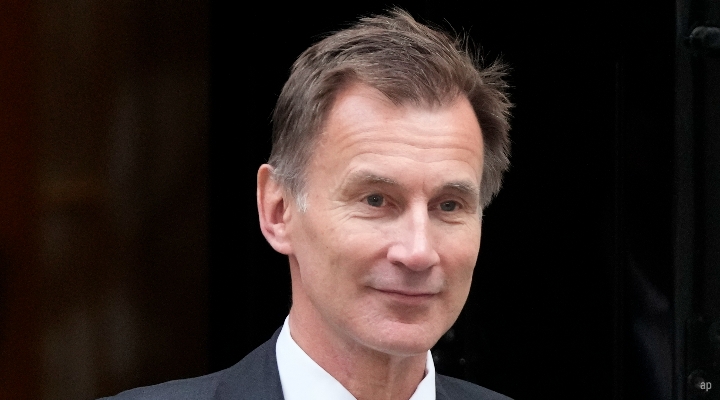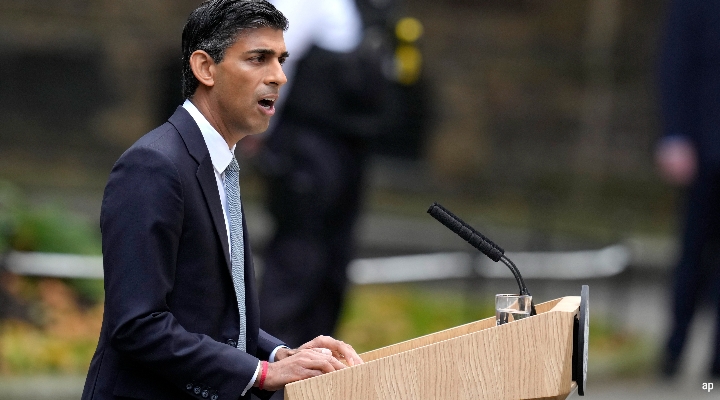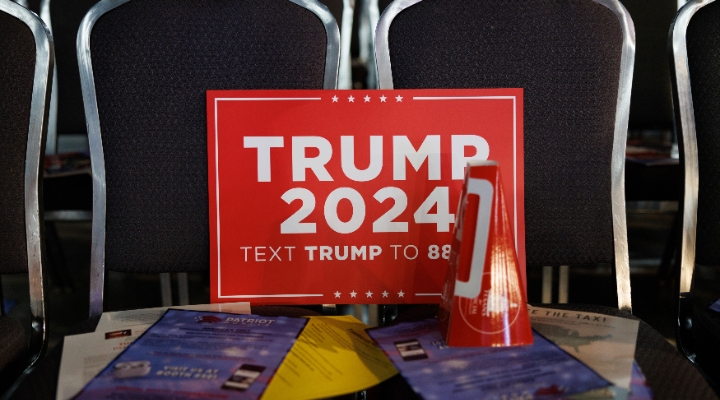.jpg)
Too little too late. I think that’s the best summary I can muster for Jeremy Hunt’s Autumn Statement. There was tax rise pain, some clear attempts at fairness, and not a little bit of political manoeuvring to ensure some of the deadliest policies come after the next general election. He even managed to bamboozle the Labour front bench. But overall, it does not look good.
The political viability of fiscal statements is never best measured on the day they are delivered. On the day itself there is always drama, and with the drama comes emotion. Now the dust is settling on this one, I can see how it is in some way a bit different to previous incarnations.
Let’s start with the obvious bit. This was not an Autumn Statement really. It was a full Budget with big implications for households, businesses, and the economy. For sure, it had been upgraded from a fiscal statement to an Autumn Statement when Hunt took office as chancellor, but this was a rewriting of the government’s fiscal position. Calling it anything else would be naïve.
A subtler change came in the statement’s structure. In a revision of the normal run of things, Hunt addressed income tax head on, immediately after his description of the Office for Budget Responsibility’s bleak gross domestic product predictions. Having set the statement’s heavy tone well before it was delivered, he could afford to play the concerned accountant. At times, it felt like a family intervention.
Lawson's Law
There had to be sweeteners though. They serve two purposes, one purely political, the other economic. On the latter, there was a mature vision for a energy-independent UK, and a country where every child leaves school with the same standard of education they would get in Switzerland or Japan. References to Nigel Lawson there may well have been (there is a picture of Margaret Thatcher’s former chancellor on Hunt’s wall in the Treasury), and the bad news bit may have been delivered with a touch of George Osborne 1.0, but the vision bit was Hunt’s personal input. He is clearly in the research and development camp, and clearly loves education. Is the political personal? He has kids of his own, after all.
But there is one small snag. Thank the doctors, teachers and nurses all you want. Give them the tiny bit of oxygen they are gasping for, but the whole thing is too late. There have been ticking timebombs under the UK’s economy and society for many years. This Autumn Statement seemed to wantonly ignore the fact (and it is a fact) many of them have already gone off.
It is not an exaggeration to say the NHS is on its knees. Brexit, the pandemic, and real-terms funding cuts have ruined its labour supply, resourcing, and morale. This week we saw the results. Not in the Autumn Statement, but in the number of people invalided out of the workforce. What starts as not being able to get as a hospital appointment ends with not being able to work. It may take years, but is happening before our eyes. Politicians have ignored the connection between the two for ages.
That’s not even accounting for health and social care. Among the most egregious decisions paraded by Hunt yesterday was a delay in the Dilnot reforms. An £86,000 cap on social care costs now won’t be implemented next year, a move Dilnot branded "inhumane and tragic."
As for education, the problems are similar. Funding and staffing are all under monumental pressure, and teachers are not finishing their careers in the way they normally would. One teacher I know is now working for the police. Another became a gardener. Several others retired early. Their profession is underpaid and under-resourced. But it’s not them that will bear the brunt, it’s the kids.
Education may be a largely public sector issue, but the relationship between it and the real world has been routinely ignored in the name of vote-winning. The hard truth is that the uneducated, uncared-for, and unloved kids of today become the prisoners of tomorrow: either to illness, addiction, unemployment, working poverty, crime, or sometimes all four. The state has to pay for that at some point. Kick the can down the road too far and it will eventually hit something and bounce back.
Amid all that, it’s the state pension triple lock that becomes a sacred cow. Protecting pensioners is essential, but maintaining the triple lock was an overtly political move. At a time of rampant inflation and recessionary pressure – one wonders whether the policy is truly shielding the most vulnerable.
Paying for Others
One-in-four pensioners comes from a household with assets of £1 million, so the argument for means-testing has clearly fallen on deaf ears. At least one policy wonk I know thinks Jeremy Hunt needs a hearing aid. After all, it’s National Insurance that pays for it. So as the state pension age rises (which it inevitably will) the people paying for this now can only look on in horror as the policy they’re funding for others recedes further into the distance.
There’s one last difficult bit. What of the alternative vision? I cannot think of a time where the alternative vision is so heavily weighed down by decisions not to have done so many damaging things in the first place. That’s why Labour is now forced to argue it won’t be able to do as many of the things it might want to (and as quickly) if it wins at the polls.
If there’s an argument to suggest Austerity 1.0 was unnecessary, then there’s an argument that the (arguably in part consequential) Brexit referendum six years later was irresponsible. In the context of the vulnerabilities created by that unfolding drama, the government’s delayed handling of the pandemic looks positively reckless. There then don’t seem to be enough superlatives to describe Liz Truss’s myopic attempts to turn the UK into a growth powerhouse overnight. That was catastrophic.
So if that is all true, what does it mean for this Autumn Statement? It means Hunt’s to-do list of activist retrenchment, book balancing reform and piecemeal economic and social progress look very ropy indeed. Will it convince the voters? I doubt it.
Ollie Smith is UK editor at Morningstar











.jpg)

















